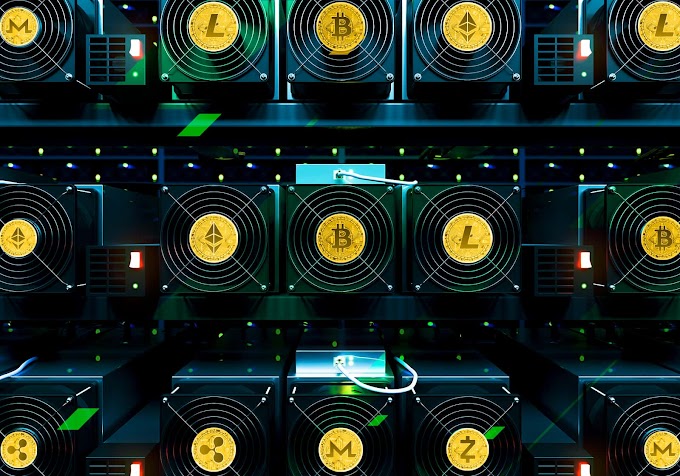Experts outline precautions to be taken before buying and selling cryptocurrency
There is no miracle or automatic solution when trading bitcoins. However, I have added some tips that may help you. Here they go:
image by google.com
1- Dollar Quote
Dollar exchange rates directly affect BTC pricing. Investors can hedge against currency volatility through dollar positions in the traditional market.
2- Volatility and Leverage
The cryptoactive market is much more volatile than the traditional market, and this must be taken into account in order to manage risk well, especially in transactions that involve leverage.
Many crypto-asset brokers allow up to 10x higher leverage, even for inexperienced investors. If you are unfamiliar with leveraged trades, keep your enthusiasm as they significantly increase the risk of losing your total capital.
Leverage allows you to transfer more than your capital – this means multiplying your profit or loss potential through loan transactions. That is, instead of fluctuating only on the amount you invest in your investment, it will be affected by a higher amount.
Financial leverage is an extremely risky resource and should only be used by experienced investors.
When you operate leverage and the guarantee expires, settlement is automatic. There is no such thing as "time to recover". For example, if you are trading 10x leverage and there is a 10% negative swing, you will be forced to liquidate and lose 100% of your capital.
3- Derivatives
In June of this year, cryptocurrency derivatives trading surpassed the volume of the spot market. We should think of derivatives as a "zero sum" market.
In the futures or options markets, each trade is guided by expectations of a given asset's appreciation or depreciation, remembering that one investor will profit and the other will lose proportionately.
Thus, trading in this segment requires good preparation and some ability to detect trends or reversals.
4- Tips on social networks
Beware of these "super tips" that pop up on social networks promising high ratings. This could be a group of investors wanting to push currency prices up, in so-called pump and dump operations.
5- Tether (USDT)
Anyone who conducts structured transactions or arbitrage knows that Tether (USDT) is one hand on the wheel, but the eternal distrust hanging over the backing of this stablecoin should be a cause for great concern and a significant point of attention.
6- Exchange
People who always conduct buying and selling usually leave their assets on the exchange for reasons of convenience and cost. Choose your broker carefully. They have no regulation of their own regarding segregation of capital and other rules that protect investors' money.
If the exchange has a problem with fund management, a hacker attack, or any other reason, you could lose your assets.
7- Business courses
Beware of courses that promise high returns in a few hours of work. This type of guarantee is far from reality. Everything in life takes effort and practice, and it will be no different for asset traders, especially those who work with cryptocurrencies, which are part of a very new market with a regulation to be created. .
Success only comes from experience, so it takes a while. It takes patience to think that you will get rich when you start trading bitcoins is pure illusion, and represents a short road to failure and loss, so be patient.
Before paying good money for these "advice," it's worth asking yourself the following question: If these people are as good as they say they are, why do they choose to share the secrets of their perceived success? Do they make money from trading courses or trading courses?
8- Matrix
Through the CoinMarketCap website, you can track a range of important metrics, such as currency capitalization, units, prices, volumes, growth charts, official websites, etc. Make sure the currency you are trading is capitalized, with the appropriate trading volume on various exchanges. And with a project on its official website.
9- Order Type
There are two types of orders: market orders or limit orders. When you select the first one, the order will be executed at the best price up to the amount of your capital.
Be wary of this type of movement when trading on low-volume assets or exchanges with low liquidity, as the spread between buy and sell orders and the best bidders increases greatly.
On the other hand, in limit orders, you set the execution price, and it is executed only when the counterparty accepts your price.
10- Operating cost
A common mistake of a beginning investor in both the stock exchange and cryptocurrency market is to disregard transaction costs, such as brokerage or trading fees. Therefore, before starting operations, do your homework and find all the cost and all the solutions to reduce these costs.




